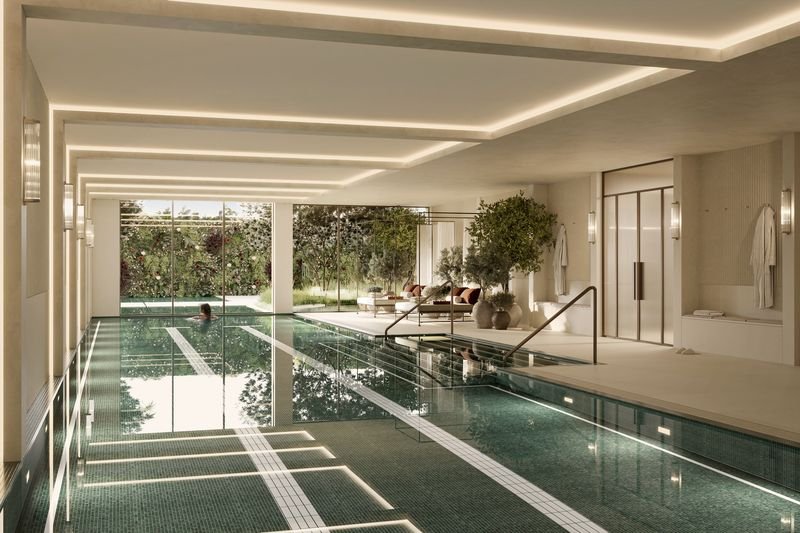
How long have discerning apartment buyers thirsted for a new development which has all the overtures of the best in Mayfair but located locally in The Bishops Avenue, arguably one of the best-known roads in the world? Continue reading

How long have discerning apartment buyers thirsted for a new development which has all the overtures of the best in Mayfair but located locally in The Bishops Avenue, arguably one of the best-known roads in the world? Continue reading

If you’re investing in North London property, whether in areas such as Finchley, Barnet, or Hampstead, understanding Capital Gains Tax (CGT) is essential. This tax applies when you sell a property that isn’t your main home and make a profit. With recent changes to tax rates and allowances, it’s more important than ever to grasp how CGT works and how to manage it effectively.
What Is Capital Gains Tax?
Capital Gains Tax is a tax applied to the profit you earn when you sell an asset/property for more than you originally paid for it. For property investors, this typically applies to buy-to-let (BTL) properties.
Example:
This £100,000 gain is subject to CGT.
Current CGT Rates for Property Sales (2025/26)
As of the 2025/26 tax year, the rates are:
These rates apply to properties that aren’t your primary residence.
Annual Exemption Allowance
Each individual has a £3,000 annual CGT exemption. This means the first £3,000 of your total gains in a tax year is tax-free. For couples, this can be combined to £6,000 if both are named on the property title.
How to Calculate Your CGT
To determine your taxable gain:
Taxable Gain = (Sale Price – Purchase Price) – Allowable Costs – Annual Exemption
Example:
Taxable Gain = (£500,000 – £400,000) – £10,000 – £3,000 which equals £87,000
If you’re a higher-rate taxpayer, the CGT would be 24% of £87,000, which equals £20,880.
Strategies to Reduce CGT
Ownership Structures and CGT
How you own your property affects your CGT liability:
Each structure has pros & cons, so consult a tax advisor to determine the suitable option for your situation.
Recent Changes in CGT
The UK government has recently increased CGT rates:
Conclusion
Understanding Capital Gains Tax (CGT) is crucial for property investors in North London. By assessing your potential CGT, reviewing ownership structures, and applying strategies to minimise tax liability, you can make smarter and more informed investment choices. It is always advisable to seek guidance from a qualified tax advisor to ensure compliance and optimise your overall tax position.

The problem with having a thoroughly inexperienced Chancellor and a properly ‘woodenheaded’ Prime Minister, is that they are learning the job ‘on the hoof’ and we are all going to pay a hefty price for this ineptitude. Continue reading